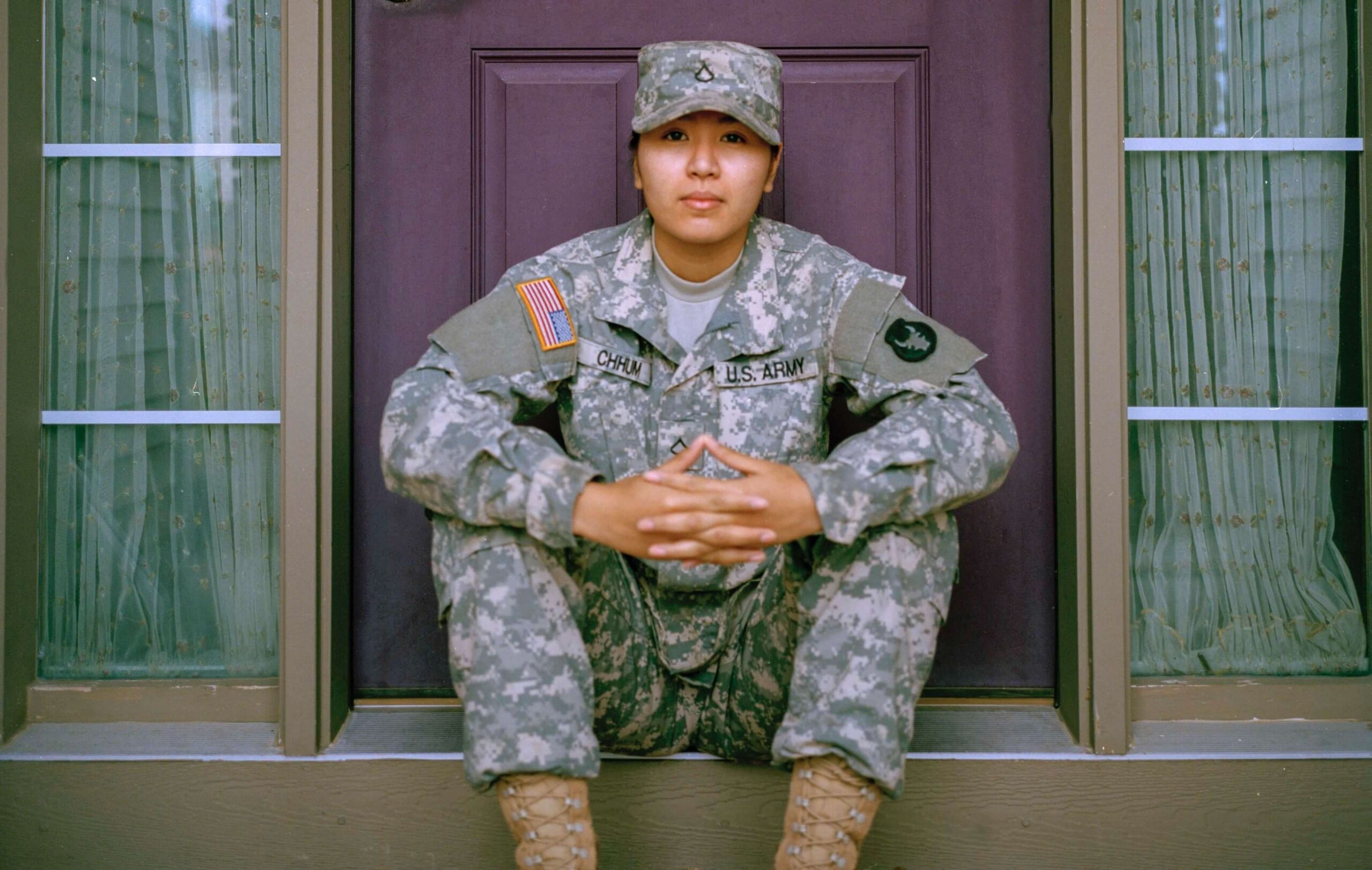How to Transition to College as a Veteran

By Tiffany Eve Lawrence
Taking the leap to separate from the military and attend college is an exciting next step for your future, but it can also be intimidating. You may be considering where to apply, what your career options are, how you’ll manage the expenses associated with college, and other everyday stressors and challenges that come with this transition.
These thoughts might feel overwhelming. But there are key factors you can focus on that will make this lifestyle shift smoother and help you manage your stress levels and feel positive and prepared for what comes next.
One significant factor is understanding the resources available to you. A benefit of serving your country is receiving military tuition assistance for college. Veterans have educational benefits such as the Post-9/11 GI Bill to cover tuition and fees. And research shows that, on average, student veterans have a GPA of 3.34, suggesting that they’re often well prepared for college academics.
This doesn’t mean there aren’t challenges to manage, though, such as adjusting to civilian life for the first time as a young adult. Military practices can help with the self-discipline and leadership skills that you’ll need to draw on now that you’re on your own.
Here are some things to think about and small things you can do when considering—or planning for—college after serving in the military:
Take Small Steps to Become a Self-Starter
In the military, you’re told where to live, how to dress, how to behave, and more. But all that ends when you leave, giving you the freedom and responsibility to make your own choices. So, it will be helpful to start setting personal goals and creating habits to help you accomplish them. To avoid feeling overwhelmed, start with small, simple steps, such as:
- Setting one or two goals to work toward. You might consider setting SMART goals, which are specific, measurable, achievable, relevant, and time-bound. Following this framework can help you set realistic goals and track progress.
- Finding time management tools, tips, and tricks that work for you. That might look like using Google Calendar or making a to-do list every morning.
- Identifying self-care activities that make you feel good, both physically and emotionally.
- Creating routines that meet your needs and make it easier to accomplish goals, such as a morning routine that energizes you or a wind-down routine that makes it easier to fall asleep at night.
Increase Your Financial Literacy
Understanding the cost of living in the civilian world is a significant part of your transition. If you’re using Post-9/11 GI Bill education benefits, you can receive money for housing (Basic Allowance for Housing) and your books. But it’s also really helpful to learn how to manage your funds so you don’t live beyond your means. This process may include deciding whether you need a roommate to afford where you live, or finding a job that can provide income to supplement other living expenses.
Organizations like Workshops for Warriors can help you understand your educational benefits, including military tuition assistance, and other financial resources that help veterans. You can also check out these additional resources on managing money and financial stress:
Choose a Veteran-Friendly College or University
Attending a college that’s intentional about helping student veterans thrive can allow you to feel seen and heard while transitioning out of military life. Student Veterans of America is an organization that supports veterans pursuing higher education by providing resources, a network, and advocacy. This national program has chapters at local colleges. You can search their database for colleges with an SVA chapter near you.
Some educational institutions also support veterans by offering lower tuition rates and additional supportive programs.
Get Guidance on Picking an Academic Path
You might already know what you want to study in college, or like many first-year students, you might still be figuring it out.
If you’re uncertain about what to study, reach out to your advisers. The job of college academic advisers is to help you sort out your intentions for school and decide which classes will best serve you. Through counseling and career assessments (similar to the Armed Services Vocational Aptitude Battery, or ASVAB), they can evaluate your strengths, interests, and experience.
Find Out Whether Your Military Experience Can Be Transferred as College Credits
Many universities offer college course credit for military training and duties you’ve completed, which can save you time and money. The DANTES Military Training Evaluation Program (MTEP) keeps track of all training, educational programs, and other jobs that add to your experience, and evaluates them. A Joint Services Transcript (JST) of your academic record is then generated, and you can use this as an official transcript of your military experience. More than 2,300 colleges and universities accept the JST.
You can also visit benefits.va.gov for more information on things like applying for your benefits and what schools are approved by the VA.
Tap Into Resources for Student Veterans
These organizations provide counseling, help applying to schools, connections to undergraduate and graduate programs, and step-by-step guidance to answer your questions and help you attain your next level of education:







